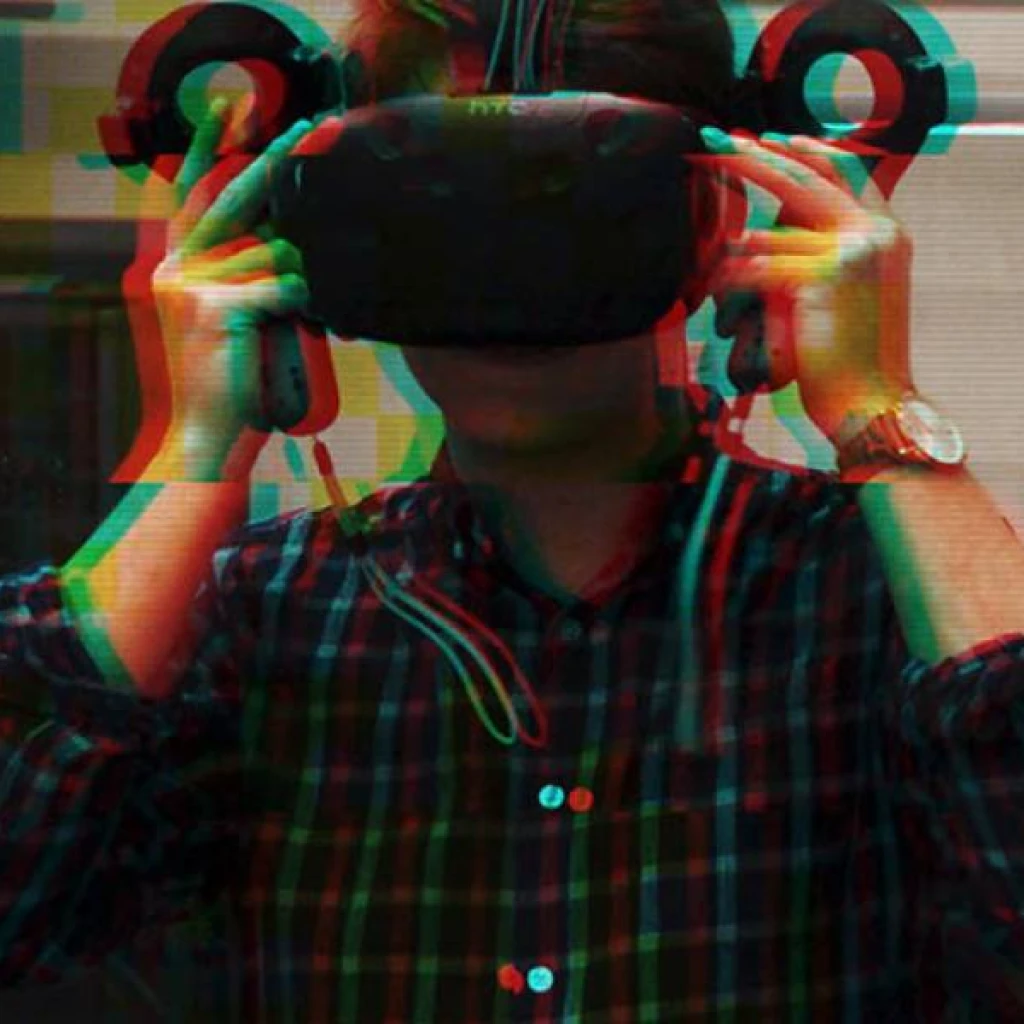NordDesign 2018
Welcome to NordDesign 2018. We are pleased to announce that NordDesign 2018 will be hosted in Linköping, Sweden on 14th-17th August 2018. The conference will take place at Linköping University and is organized by the Division of Machine Design.





